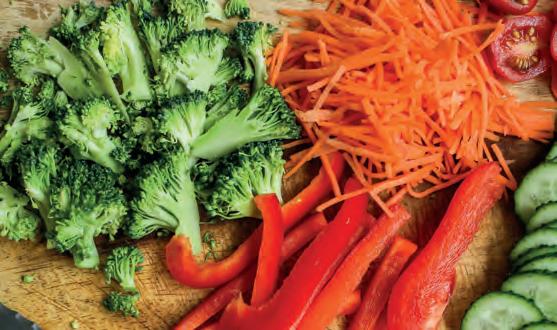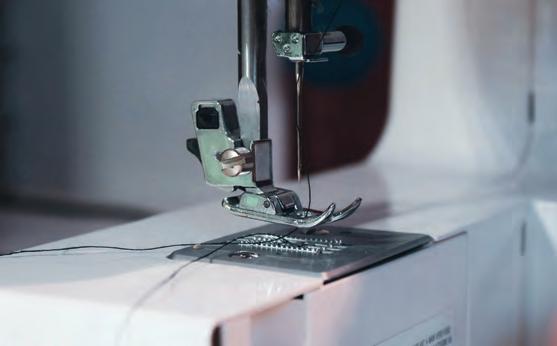
1 minute read
PRODUCT DESIGN
Students take part in activities that encourage creative thinking, reciprocity and resourcefulness in product design. An active approach is taken to help individuals build their confidence with a range of materials and making methods. Students have the chance to work with a variety of tools and equipment, develop good technique and importantly learn about health and safety in the design studio and workshop environment. Theoretical aspects are tackled, again, through hands on activity via product analysis.
Food And Nutrition
Advertisement
Students learn the essential skills to be safe and creative in the kitchen. Practical activities are a key part of the course and skills will be developed through the preparation and cooking of ingredients to create a range of healthy, nutritious and tasty products. Sensory analysis will extend evaluation skills and students will be encouraged to share their thoughts and opinions both verbally and in writing. Students learn about basic nutrition, analyse the nutritional values of the food they eat and suggest ways food products can be adapted to meet the needs of different groups of people. Topics also include food safety, food provenance and seasonality.
Textiles
In textiles, students learn to use tools appropriate to their age and develop a confident level of ability with a sewing machine and other equipment. Essential to the course is learning to communicate design ideas using annotated sketches, modelling, and other forms of presentation to evaluate and refine products, by being reflective with feedback. Students will be introduced to research whilst engaging in topics such as the development of ethical awareness. Through this research, students have the capability to identify and solve their own design problems and also understand how to research, design, and make a successful textile product.


